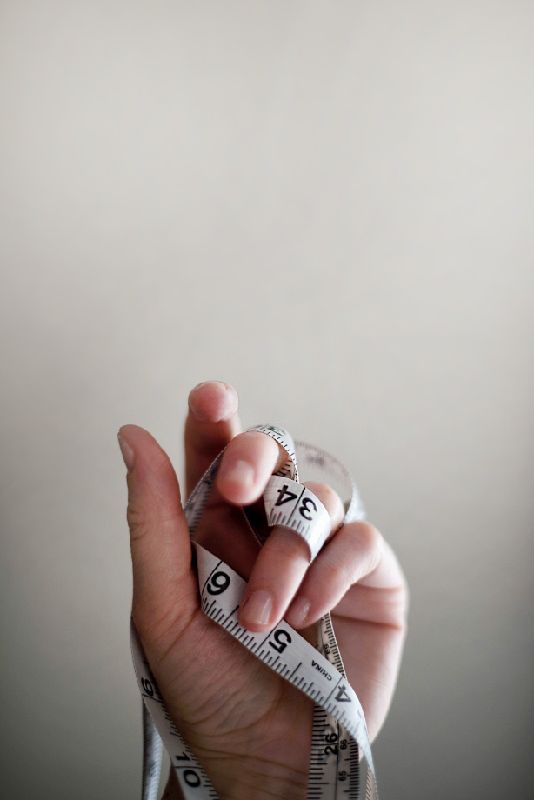
We take a look at the seemingly new phenomenon of middle-aged eating disorders, and why this debilitating illness is affecting more and more women in their 40s, 50s and 60s.
Just as young girls can be influenced by images of unrealistically thin models and actresses, mature women, it seems, are becoming increasingly affected by older celebrities and their seemingly superhuman ability to defy age.
Surrounded by images of stick-thin and toned female celebrities, middle-aged women are exposed to increasingly unrealistic images of how they should look as they age, pushing them harder than ever to counter the effects of getting old. This is a particular issue in our current culture, since it often presents youth as the standard of beauty, and older people are expected to try to imitate a younger age, rather than embrace their own.
One of the more well-known eating disorders that they can develop is anorexia. Anorexia nervosa is a psychiatric diagnosis that describes an eating disorder characterised by low body weight and body image distortion with an obsessive fear of gaining weight. Those with the illness control body weight by voluntary starvation, purging, vomiting, excessive exercise or other weight control measures, such as diet pills or diuretic drugs. The past years have seen a significant increase in the number of middle-aged women with anorexia.
According to mental health charity Verywell Mind, research shows that around 3.6% of women aged 40 to 50 years experience some sort of eating disorder every year.
But, these disorders do not, in reality, just pop up in later years due to external factors. According to midlife eating disorder specialist Dr Holly Grishkat, midlife or older women living with eating disorders essentially fall into three categories:
• Those who have struggled with an eating disorder for years without seeking treatment
• Those who had an eating disorder as a teen or young adult and recovered, only to relapse in midlife
• Those who develop an eating disorder for the first time in midlife
License this feature
The body of this feature has been restricted...
